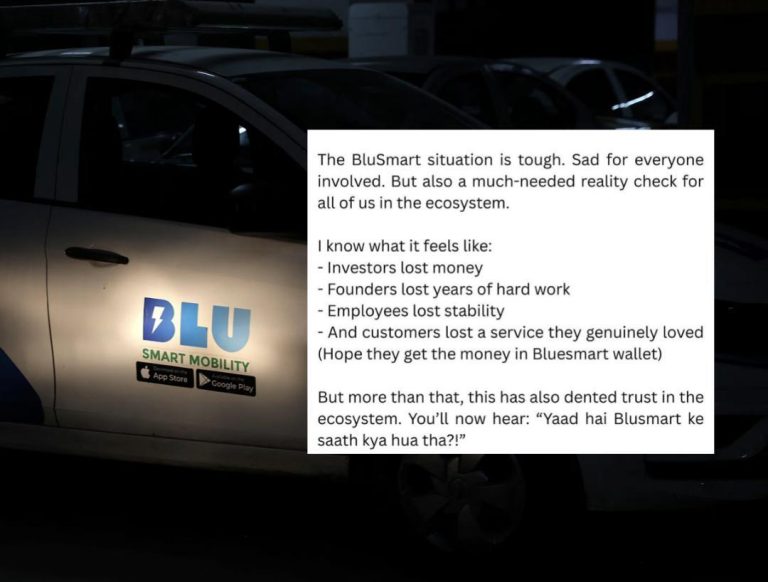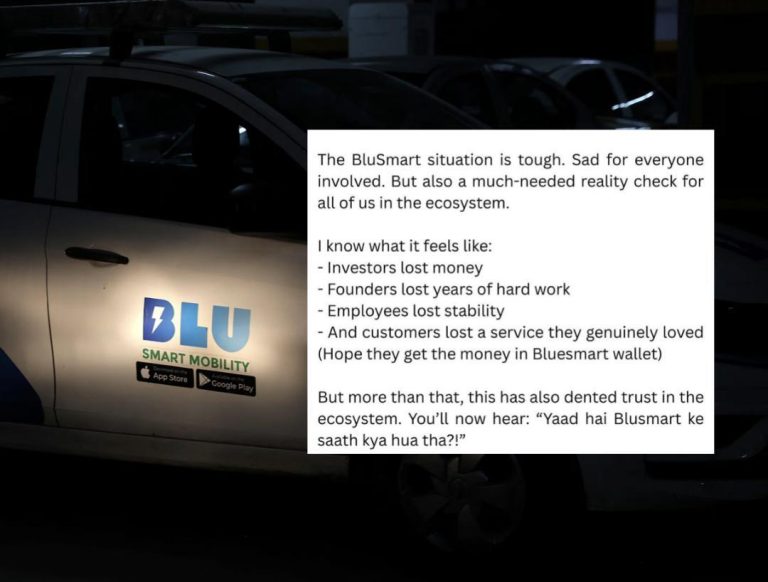
Title: Stop this Deshdroh: Anupam as Suhel Says ‘80% of Indian Startups are a Racket’
In a recent TV debate, Indian businessman Suhel Seth sparked controversy when he alleged that a staggering 80% of Indian startups are nothing but a racket. His statement has left many in the startup ecosystem reeling, and one entrepreneur in particular, Anupam Mittal, has taken to social media to express his outrage.
Mittal, the founder of PeopleGroup, a popular online matrimony platform, posted on his Twitter handle, “Ye deshdroh bandh karo (Stop this treason).” He went on to add, “Aren’t we harassed enough that we need this crab mentality egging the bureaucracy on by calling founders and VCs frauds?”
Mittal’s outburst is a reflection of the frustration and angst that many entrepreneurs in India feel when it comes to the negative portrayal of the startup ecosystem. Seth’s comments, while provocative, are not without merit. A recent report by the Reserve Bank of India (RBI) highlighted a significant increase in the number of wilful defaulters in the startup space, which has led to concerns about the sustainability of the industry.
However, rather than focusing on the genuine issues that plague the startup ecosystem, Seth’s comments seem to perpetuate a culture of negativity and skepticism. This is not the first time that a prominent figure has made such a statement, and it is worrying that such comments can have a detrimental impact on the morale and confidence of entrepreneurs and investors alike.
The startup ecosystem in India is not without its challenges. From navigating the complexities of bureaucracy to dealing with the lack of funding and infrastructure, entrepreneurs face numerous hurdles as they strive to build successful businesses. However, rather than resorting to blanket statements that demonize the entire startup community, it is essential to recognize the progress that has been made and the innovative solutions that have been developed.
In recent years, India has seen the emergence of numerous successful startups that have made a significant impact on the economy and society. From e-commerce platforms like Flipkart and Paytm to financial technology companies like Paytm and FreeCharge, Indian startups have disrupted traditional industries and created new opportunities for millions of people.
Moreover, the startup ecosystem in India has also seen significant growth in terms of the number of incubators, accelerators, and funding platforms that support entrepreneurs. This growth has been driven by the government’s initiatives, such as the Startup India program, which aims to create a supportive ecosystem for startups.
Despite these achievements, the startup ecosystem in India still faces numerous challenges. One of the primary issues is the lack of funding. While there has been an increase in the number of funding rounds, the amount of money available is still limited, and many startups struggle to access the capital they need to scale their businesses.
Another significant challenge is the bureaucratic red tape that entrepreneurs face. From obtaining licenses and permits to dealing with the complexities of taxation, the regulatory environment can be overwhelming, and it is not uncommon for startups to struggle to navigate the system.
In addition, there is also a lack of infrastructure and resources in many parts of the country, which can make it difficult for startups to operate and grow. This is particularly true for startups that are focused on solving social and environmental problems, as they often require access to specific resources and infrastructure that may not be readily available.
Despite these challenges, the startup ecosystem in India is resilient and determined. Entrepreneurs are creative and resourceful, and they are constantly finding ways to overcome the obstacles that they face. The government and other stakeholders also recognize the importance of the startup ecosystem and are working to create a more supportive environment for entrepreneurs.
In conclusion, while Suhel Seth’s comments may have been provocative, they are also a reminder of the challenges that the startup ecosystem in India faces. Rather than resorting to blanket statements that demonize the entire startup community, it is essential to recognize the progress that has been made and the innovative solutions that have been developed.
As Anupam Mittal so eloquently put it, “Aren’t we harassed enough that we need this crab mentality egging the bureaucracy on by calling founders and VCs frauds?” It is time to stop the deshdroh and instead focus on creating a more supportive and enabling environment for entrepreneurs.
News Source: https://x.com/AnupamMittal/status/1909128108109603174



